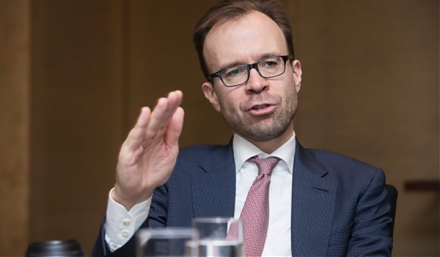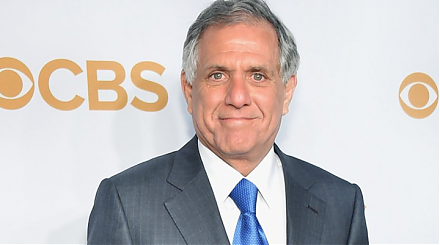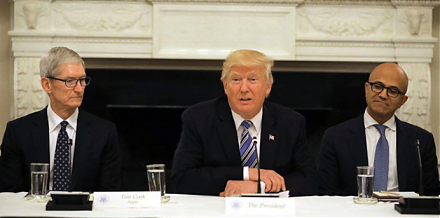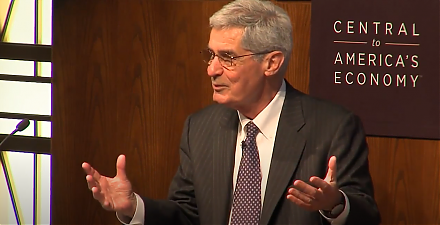

2019-10-01 11:33:00 Tue ET
technology antitrust competition bilateral trade free trade fair trade trade agreement trade surplus trade deficit multilateralism neoliberalism world trade organization regulation public utility current account compliance
The Trump administration postpones increasing 25% to 30% tariffs on $250 billion Chinese imports after China extends an olive branch to de-escalate Sino-American tariff tension. China also resumes purchasing American agricultural products such as soybeans and pork bellies to better balance the current U.S. trade deficit. These reconciliatory gestures of good will arise in the broad context of trade negotiations as both sides reconvene in early-October 2019. From Dow Jones and Nasdaq to Shanghai and Hong Kong, U.S. and East Asian stock markets rebound 3%-to-5% in response to this positive change in the Sino-U.S. trade engagement.
In the next round of U.S.-China trade negotiations, both sides delve into the more difficult legislative structural reforms in Chinese state capitalism. It is important for the U.S. trade envoys and reps to urge Chinese bureaucrats and policymakers to sign into law better intellectual property protection and enforcement. This structural reform would empower multinational corporations such as Apple and Microsoft to institute tort lawsuits over patent, trademark, and copyright concerns in the worst-case scenario of intellectual property infringement. The Chinese Xi administration needs to mull over a genuine compromise. The structural reform may overturn the current fundamental state-centric economic development model in China.
If any of our AYA Analytica financial health memos (FHM), blog posts, ebooks, newsletters, and notifications etc, or any other form of online content curation, involves potential copyright concerns, please feel free to contact us at service@ayafintech.network so that we can remove relevant content in response to any such request within a reasonable time frame.
2018-07-19 18:38:00 Thursday ET

Goldman Sachs chief economist Jan Hatzius proposes designing a new Financial Conditions Index (FCI) to be a weighted-average of interest rates, exchange rat
2018-05-09 08:31:00 Wednesday ET

CBS and its special committee of independent directors have decided to sue the Redstone controlling shareholders because these directors might have breached
2022-04-05 17:39:00 Tuesday ET

Corporate diversification theory and evidence A recent strand of corporate diversification literature spans at least three generations. The first generat
2020-10-20 09:36:00 Tuesday ET

Agile lean enterprises remain flexible and capable of reinvention in light of new megatrends such as digitization and servitization. Shane Cragun and Kat
2017-06-15 07:32:00 Thursday ET

President Donald Trump has discussed with the CEOs of large multinational corporations such as Apple, Microsoft, Google, and Amazon. This discussion include
2023-02-07 08:26:00 Tuesday ET

Michel De Vroey delves into the global history of macroeconomic theories from real business cycles to persistent monetary effects. Michel De Vroey (2016)